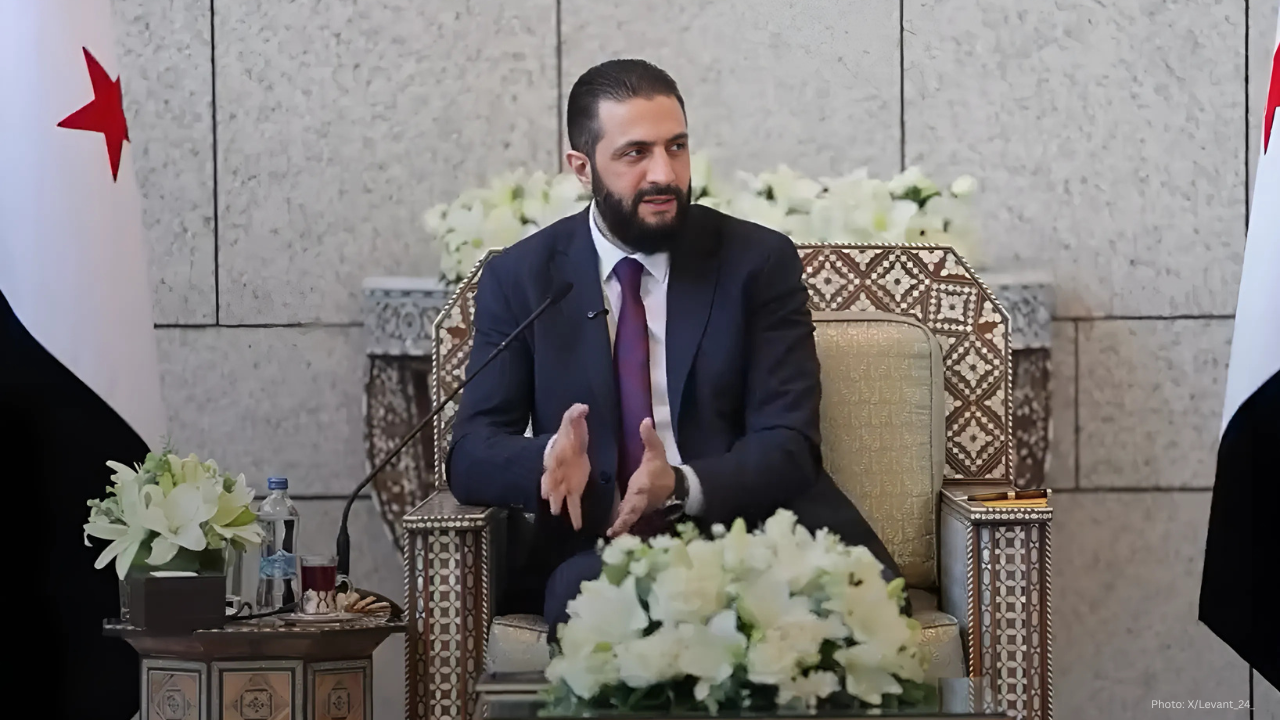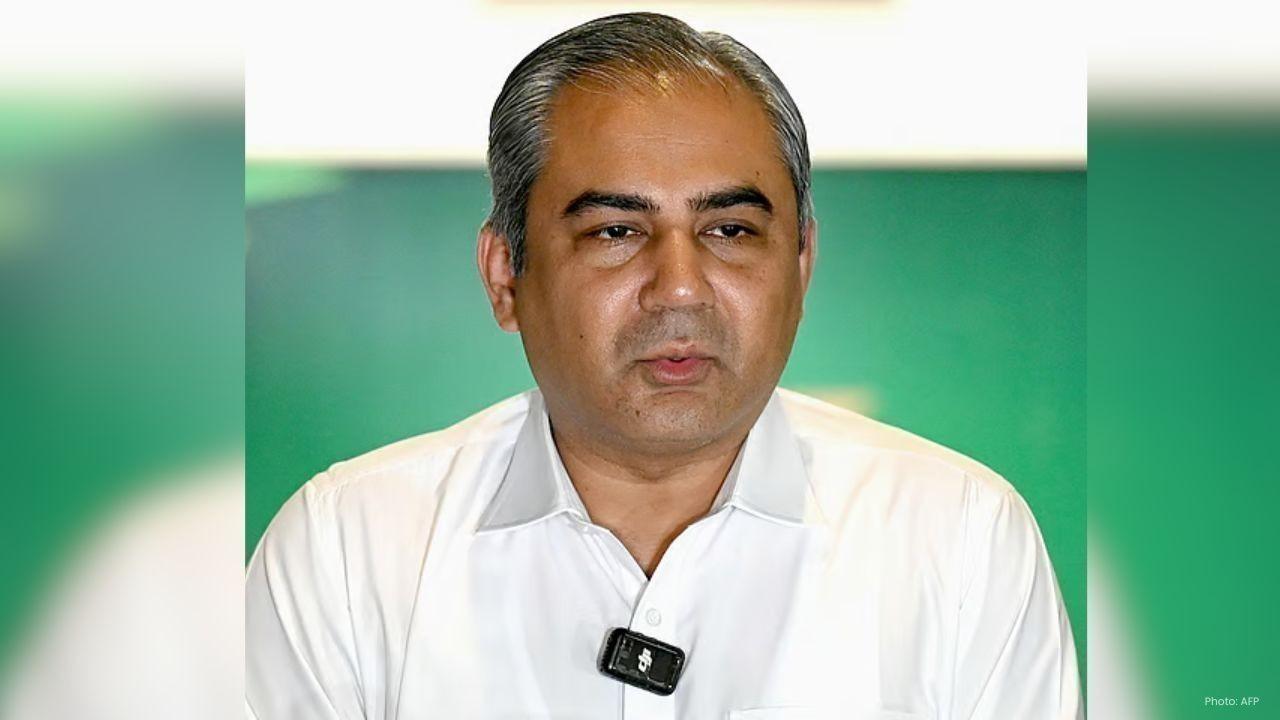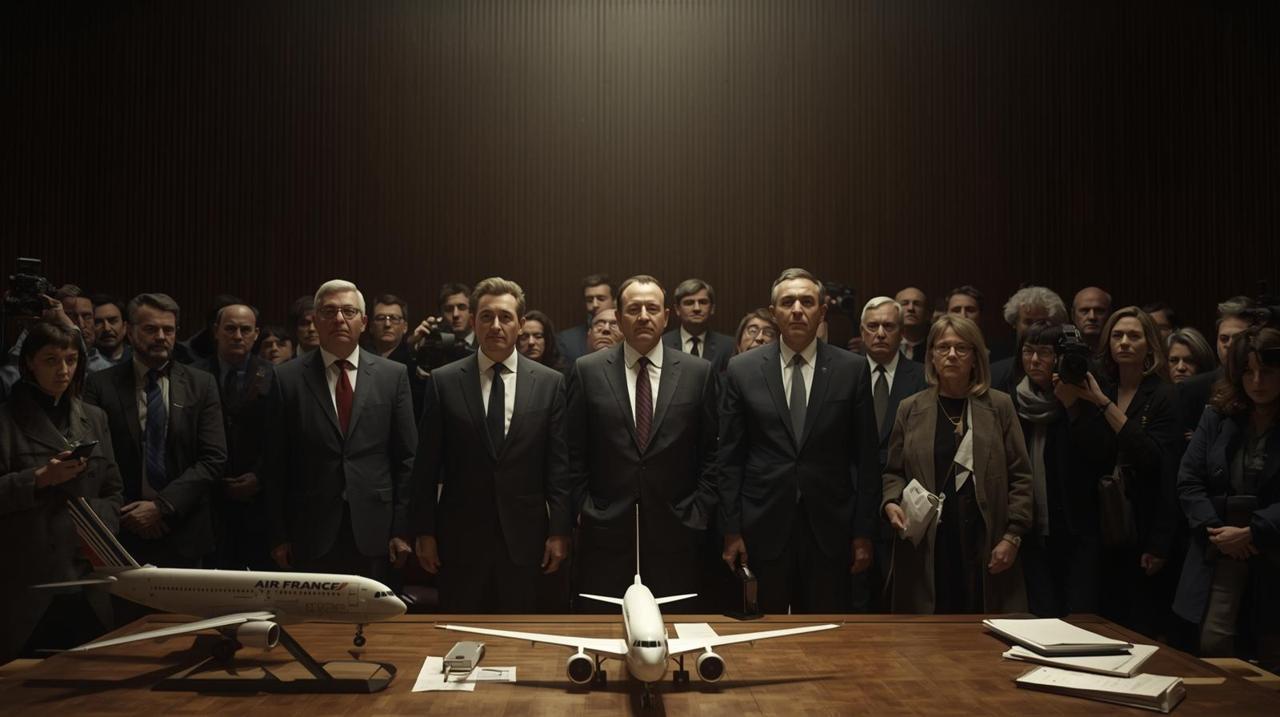
Post by : Naveen Mittal
In a historic move, Syrian President Ahmed al-Sharaa addressed the United Nations General Assembly for the first time in nearly 60 years, presenting his vision for a rebuilt Syria. Al-Sharaa, who rose to prominence leading opposition forces that ousted President Bashar al-Assad in December 2024, now faces the monumental task of reconstructing a nation fractured by years of conflict.
During his speech, al-Sharaa emphasized the need for international assistance to rebuild Syria's infrastructure and economy. He proposed a framework that includes private investment and a potential peace agreement with Israel as pivotal elements for Syria's recovery. However, he cautioned about the delicate balance required to implement such initiatives without alienating the Syrian populace.
Al-Sharaa's administration is reportedly in discussions with Israel to establish a de-escalation pact aimed at reducing tensions and fostering stability in the region. While the specifics of the proposed agreement remain confidential, al-Sharaa has expressed hope that such a deal could pave the way for broader regional cooperation. Nonetheless, he has also voiced concerns about Israeli actions that he perceives as attempts to fragment Syria, underscoring the complexities of these negotiations.
A significant hurdle in Syria's path to recovery is the ongoing international sanctions. Al-Sharaa has called for the complete lifting of these sanctions, arguing that they hinder the nation's ability to rebuild and provide for its citizens. While some sanctions have been eased, key measures remain in place, and discussions continue about their potential repeal.
Internally, al-Sharaa's government has initiated several reforms aimed at stabilizing the country. These include the formation of a transitional government, the establishment of new institutions, and plans to hold free and fair elections. Al-Sharaa has emphasized the importance of inclusivity and representation in these processes to ensure that all Syrian communities have a stake in the nation's future.
As Syria embarks on this challenging journey of reconstruction, the international community's response will play a crucial role. Al-Sharaa's leadership is being closely watched, with hopes that his diplomatic efforts and domestic reforms will lead to a stable and prosperous Syria. However, the path forward remains fraught with challenges, and the coming months will be critical in determining the nation's trajectory.
Ahmed al-Sharaa, Syria reconstruction, Israel-Syria relations, UN General Assembly, Syrian diplomacy, post-Assad Syria, international sanctions, Middle East politics










Sinner & Swiatek Shine at China Open: Semifinal Spots Secured
Jannik Sinner and Iga Swiatek advance to the semifinals at the China Open. Read about their victori

Michigan church attack kills 4, injures 8 in shocking violence
A gunman drove into a Michigan church, fired shots, set fire, killing 4 and injuring 8 before police

Moldova’s Pro-EU Party Secures Majority in Key Vote
Moldova’s pro-European PAS wins a strong majority in the parliamentary election, weakening pro-Russi

Gabriel’s late header gives Arsenal 2-1 win at Newcastle
Arsenal snatch dramatic 2-1 win at Newcastle as Gabriel heads the winner in stoppage time; Merino eq

Air France Flight 447 Trial Opens 16 Years After Tragic Crash
Sixteen years after the Air France Flight 447 crash, a trial opens against Air France and Airbus. Le

Europe close to Ryder Cup win after strong weekend play
Team Europe is on the verge of winning the Ryder Cup, showing great form in Italy and needing only a